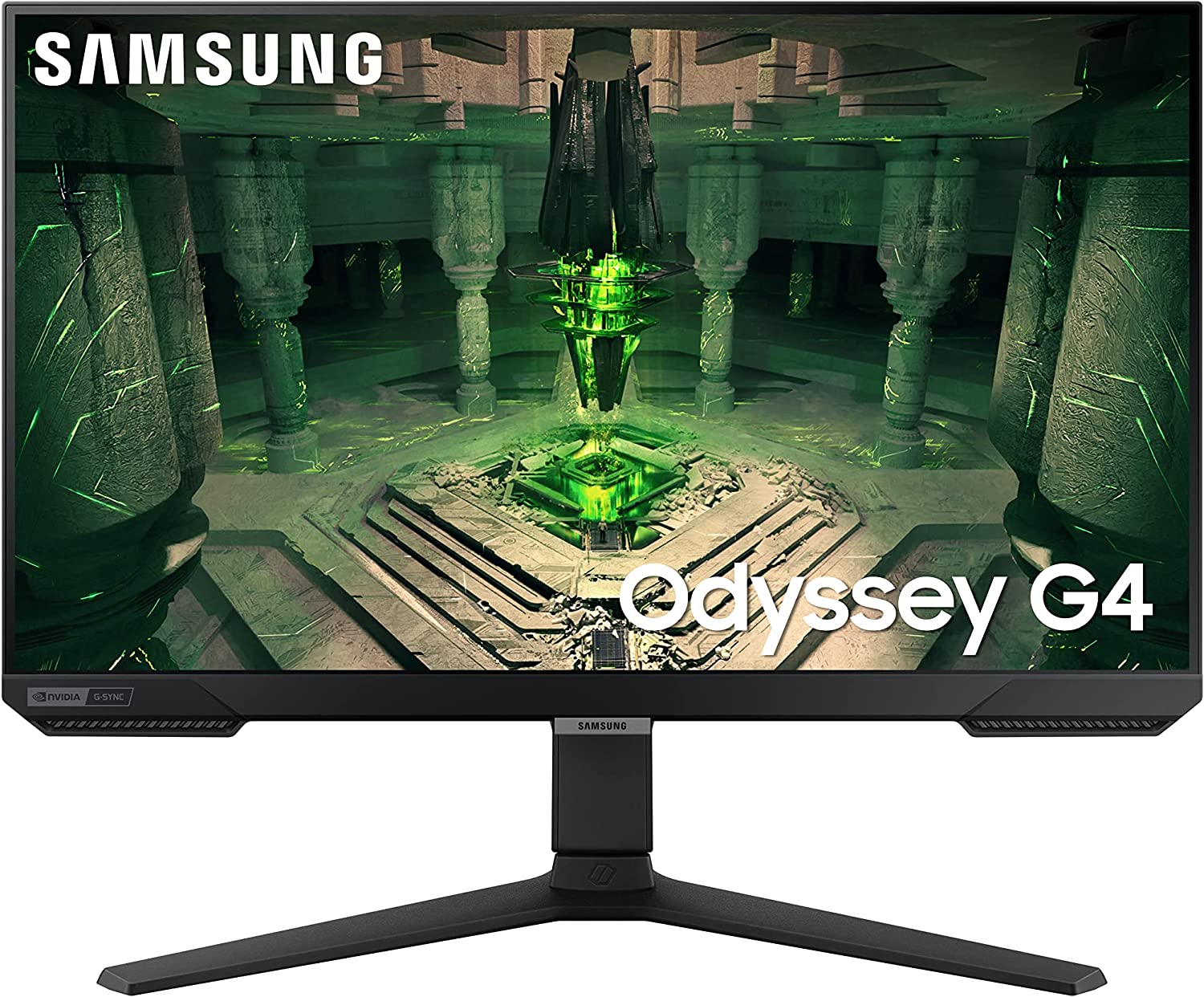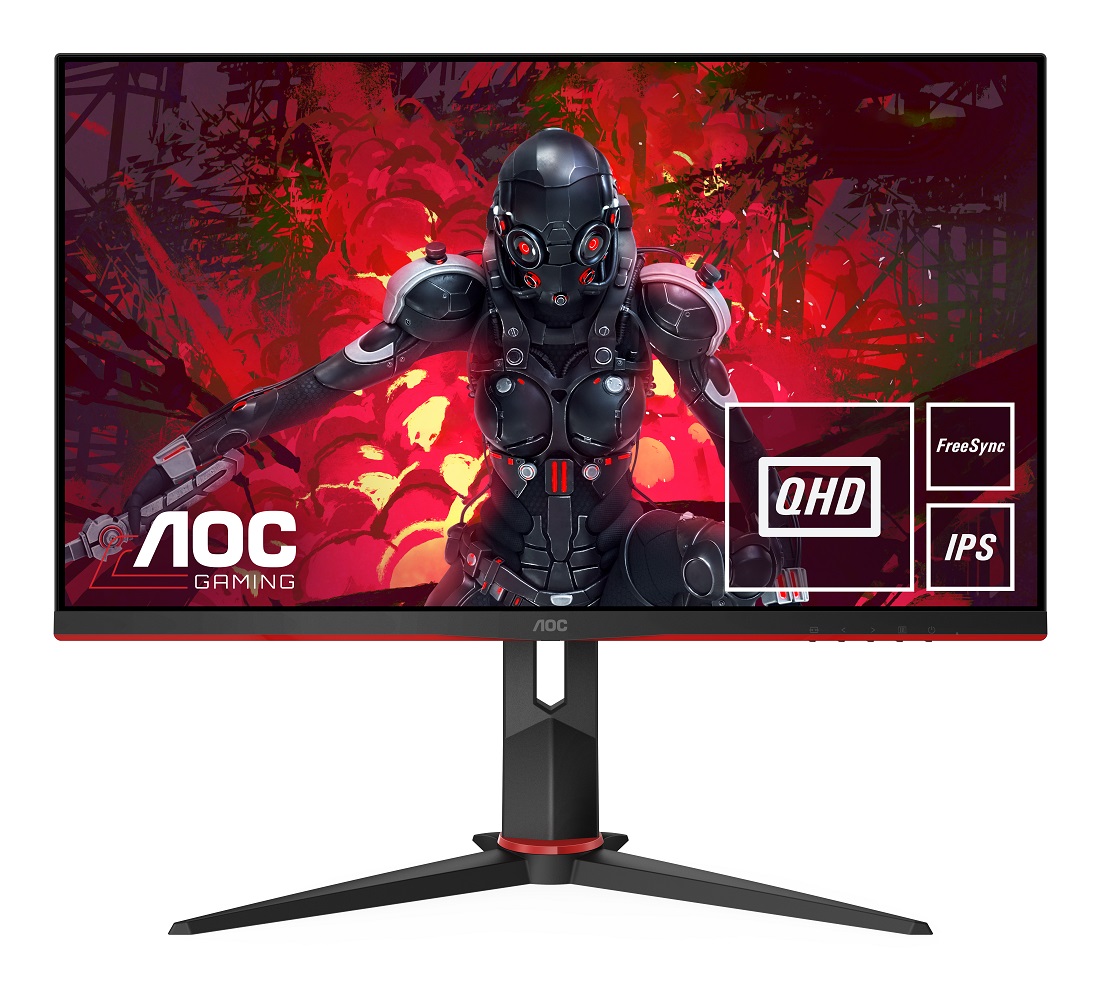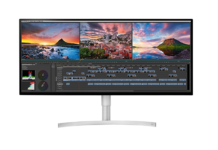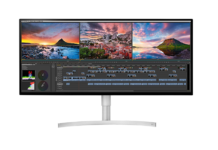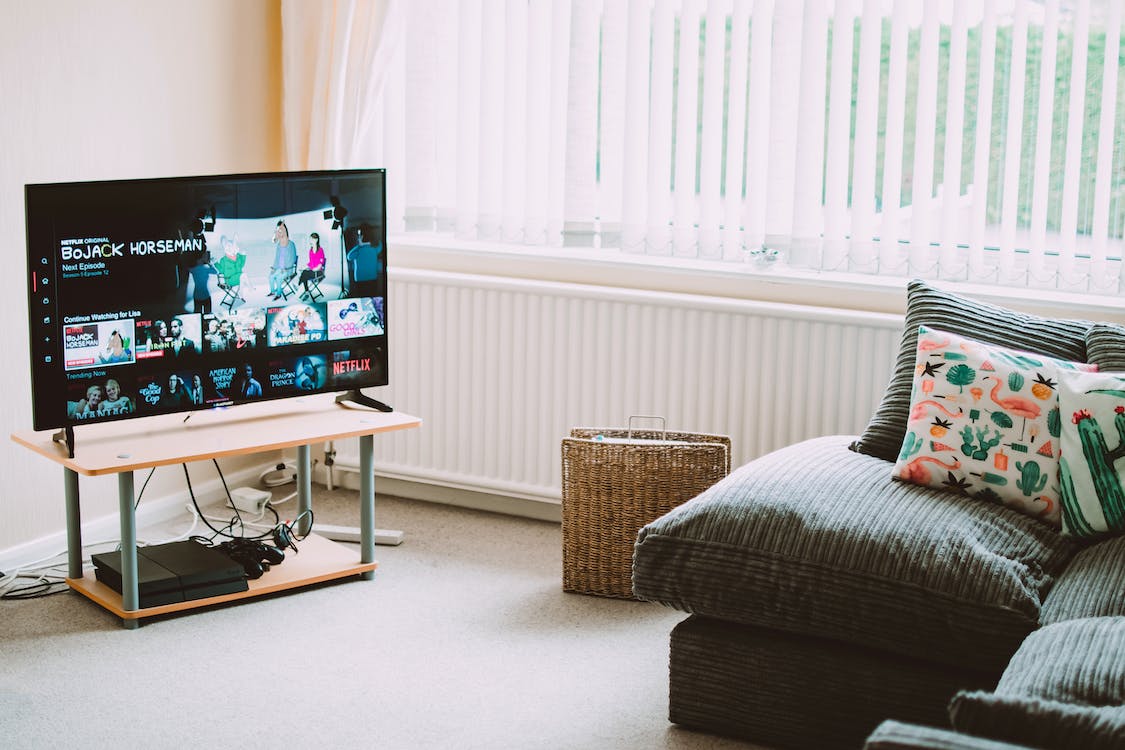As baby boomers age, the U.S. senior population is booming—projected to hit 83 million by 2050 (AARP, 2024). With this growth comes a rising need for simple, affordable tech, especially cell phones. Prepaid cell phones are a perfect fit for seniors: no contracts, no tech headaches, just reliable communication.
In this guide, we’ve rounded up the best prepaid cell phones for seniors in 2026, like the Jitterbug Smart2 and Nokia 3310 3G, plus expert tips to pick the right plan for your needs. Tired of complicated gadgets? Let’s find the phone that keeps it simple for you or your loved ones.
Top 5 Prepaid Cell Phones for Seniors in 2026
|
Phone
|
Price
|
Carrier
|
Key Features
|
Best For
|
|---|---|---|---|---|
|
Jitterbug Smart2
|
$149.99
|
GreatCall
|
5.5″ screen, voice typing, 5Star SOS
|
Tech-savvy seniors
|
|
Nokia 3310 3G
|
$59.99
|
Tracfone
|
31-day battery, big buttons
|
Minimalists
|
|
Doro 7050
|
$49.99
|
Consumer Cellular
|
Loud speaker, emergency button
|
Hearing-impaired seniors
|
|
Jitterbug Flip
|
$99.99
|
GreatCall
|
Large keypad, 13-hour talk time
|
Flip phone fans
|
|
Tracfone ZTE Z233VL
|
$29.99
|
4G LTE, basic apps, long battery
|
Budget-conscious beginners
|
-
Jitterbug Smart2
- Why It’s Great: Designed for seniors, this smartphone offers a 5.5-inch touchscreen, voice typing (ideal for arthritis sufferers), and a 5Star SOS button for emergencies.
- Standout Feature: Fall detection alerts caregivers instantly.
- Cost: $149.99 + GreatCall plans starting at $19.99/month.
- Perfect For: Seniors wanting smartphone perks without the complexity.
-
Nokia 3310 3G
- Why It’s Great: A reboot of the classic, it boasts a 31-day standby battery and big, tactile buttons—perfect for nostalgia lovers.
- Standout Feature: Snake game included!
- Cost: $59.99 + Tracfone plans from $15/month.
- Perfect For: Seniors who just need calls and texts.
-
Doro 7050
- Why It’s Great: This flip phone has a loud speaker (up to 20dB boost) and an emergency button that dials five contacts.
- Standout Feature: Built-in flashlight for nighttime use.
- Cost: $49.99 + Consumer Cellular plans from $20/month.
- Perfect For: Seniors with hearing or vision challenges.
-
Jitterbug Flip
- Why It’s Great: Simple yet powerful, with a large keypad, bright screen, and 13-hour talk time.
- Standout Feature: Magnifier with LED light for reading labels.
- Cost: $99.99 + GreatCall plans from $14.99/month.
- Perfect For: Flip phone fans who value reliability.
-
Tracfone ZTE Z233VL
- Why It’s Great: An affordable 4G LTE phone with basic apps (e.g., Facebook) and a 5-hour talk-time battery.
- Standout Feature: Triple-minute plans stretch your budget.
- Cost: $29.99 + Tracfone plans from $10/month.
- Perfect For: Budget beginners dipping into smartphones.
Prepaid Cell Phones: Pros and Cons for Seniors
Pros
- No Contracts: Cancel anytime—perfect if you’re unhappy with GreatCall’s service, for example.
- Flexible Payments: Pay monthly or as-you-go, like Tracfone’s $10 top-up option.
- No Credit Check: Bad credit? No problem—prepaid plans don’t care.
- Affordable: Plans start at $10-$20/month, far cheaper than postpaid’s $50+ averages.
- Simple: Phones like the Doro 7050 skip complex menus.
Cons
- Limited Minutes: Low-cost plans (e.g., Tracfone’s 60-minute card) may not suit chatty seniors.
- No Rollover: Unused minutes vanish monthly—unlike postpaid carryovers.
- Minimal Data: Many plans (e.g., Nokia 3310’s) lack internet access.
- No International Calls: Stay local—overseas family won’t hear from you.
- Fewer Options: Less variety than postpaid’s flagship phones.
Prepaid vs. Postpaid Plans: What’s Best for Seniors?
|
Feature
|
Prepaid
|
Postpaid
|
|---|---|---|
|
Payment
|
Upfront (e.g., $20/month)
|
Billed monthly (e.g., $60)
|
|
Cost
|
Cheaper, no extras
|
Higher, includes perks
|
|
Credit Check
|
None
|
Required
|
|
Data
|
Limited or none
|
Often unlimited
|
|
Overages
|
None—service stops
|
Expensive fees
|
- Prepaid: Ideal for budget-conscious seniors who rarely use data. You pay upfront (e.g., $15 for Tracfone), avoiding surprise bills. But call rates can be higher (e.g., 10¢/minute), and features are basic.
- Postpaid: Better for heavy users needing unlimited data or premium phones. You’ll pay more (e.g., $60/month with Verizon), plus taxes, but get better call quality and perks like roaming.
Verdict: On a tight budget with light usage? Prepaid wins. Need lots of data for video calls? Postpaid might suit you better.
Key Features to Look for in a Prepaid Phone
- Cost: Aim for $20-$150 upfront—Tracfone’s ZTE is a steal at $29.99.
- Coverage: Check carrier maps (e.g., Tracfone uses Verizon’s towers).
- Ease of Use: Big buttons (Jitterbug Flip) or simple menus (Nokia 3310) reduce frustration.
- Battery Life: Look for 300+ hours standby—crucial for emergencies.
- Extras: SOS buttons (Doro 7050) or magnifiers (Jitterbug Flip) add value.
Why It Matters: A long battery saves you in a blackout; loud speakers help if hearing’s fading.
How to Choose the Right Prepaid Plan
- Set Your Budget: $10-$30/month keeps it affordable—GreatCall’s $19.99 plan balances cost and features.
- Know Your Needs: Calls only? Nokia 3310. Data for grandkids’ pics? Jitterbug Smart2.
- Estimate Usage: 100 minutes/month? Tracfone’s $15 plan. Daily calls? Aim for 500+ minutes.
- Compare Options: Use sites like WhistleOut or carrier pages (e.g., Consumer Cellular).
- Pick and Test: Start small—cancel if it flops, no strings attached.
Pro Tip: Ask carriers about senior discounts—Consumer Cellular often cuts 5% for AARP members.
FAQs: Prepaid Cell Phones for Seniors
Why choose prepaid over postpaid?
Prepaid means no overages or contracts. Pay $20 upfront with Tracfone and stop worrying about bills.
What should seniors prioritize in a plan?
Focus on usage (calls vs. data), ease of use, and discounts. Light users don’t need 10GB plans.
Best plans for seniors?
- GreatCall (Jitterbug): $19.99/month with SOS perks.
- Tracfone: $15/month for basics.
- Consumer Cellular: $20/month with AARP deals.
Any extra tips?
Test coverage at home first—return it if calls drop. Check minute expiration (e.g., 90 days with Tracfone).
Conclusion
The best prepaid cell phones for seniors in 2026 blend simplicity, affordability, and peace of mind. Whether it’s the Jitterbug Smart2’s smart features or the Nokia 3310’s unbeatable battery, there’s a pick for every senior. Pair it with a prepaid plan that fits your budget and usage, and you’re set. Which phone suits you best? Share your thoughts below—we’d love to hear!
Looking for more senior tech tips? Check out our guide to Best Apps for Seniors in 2026 next!



